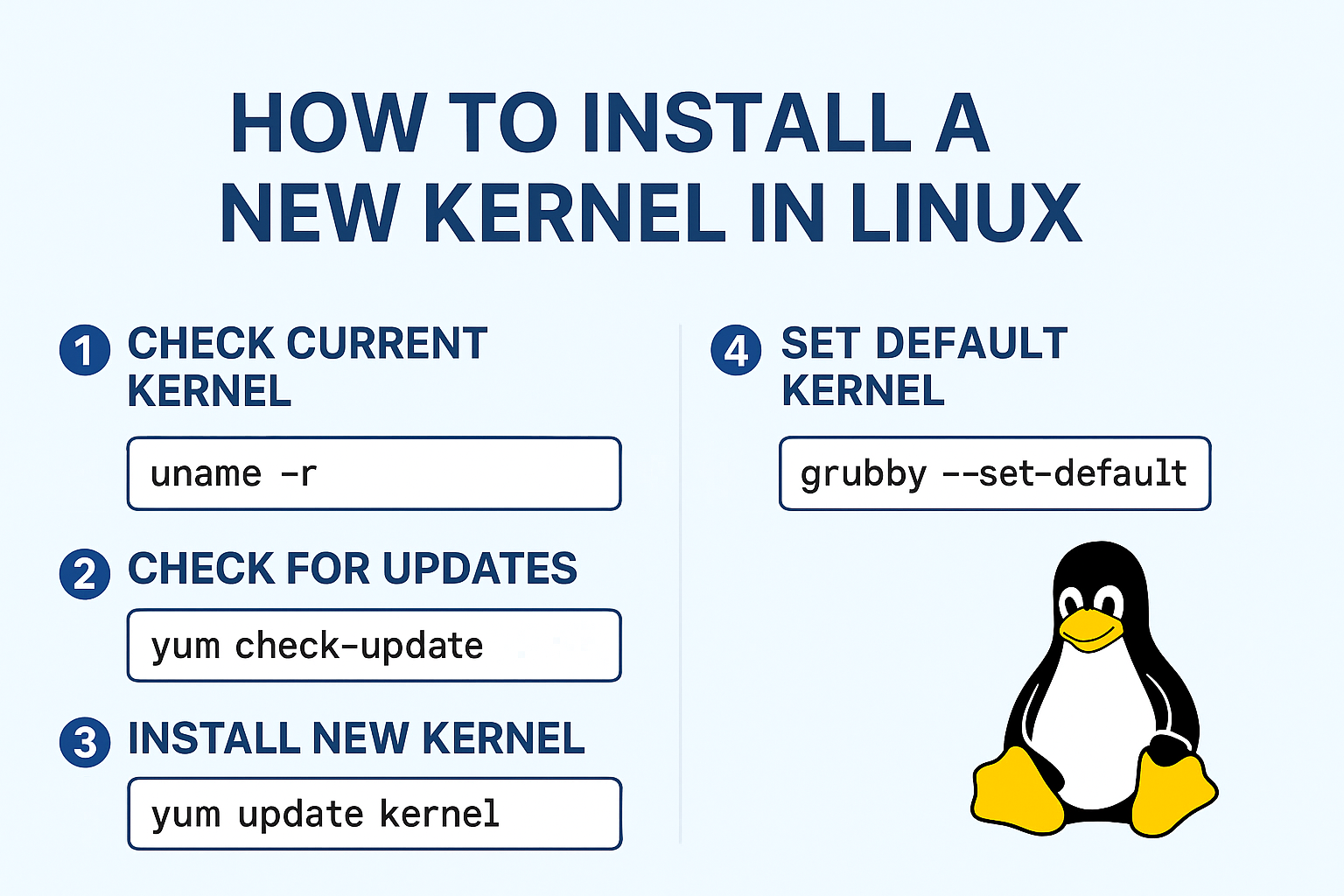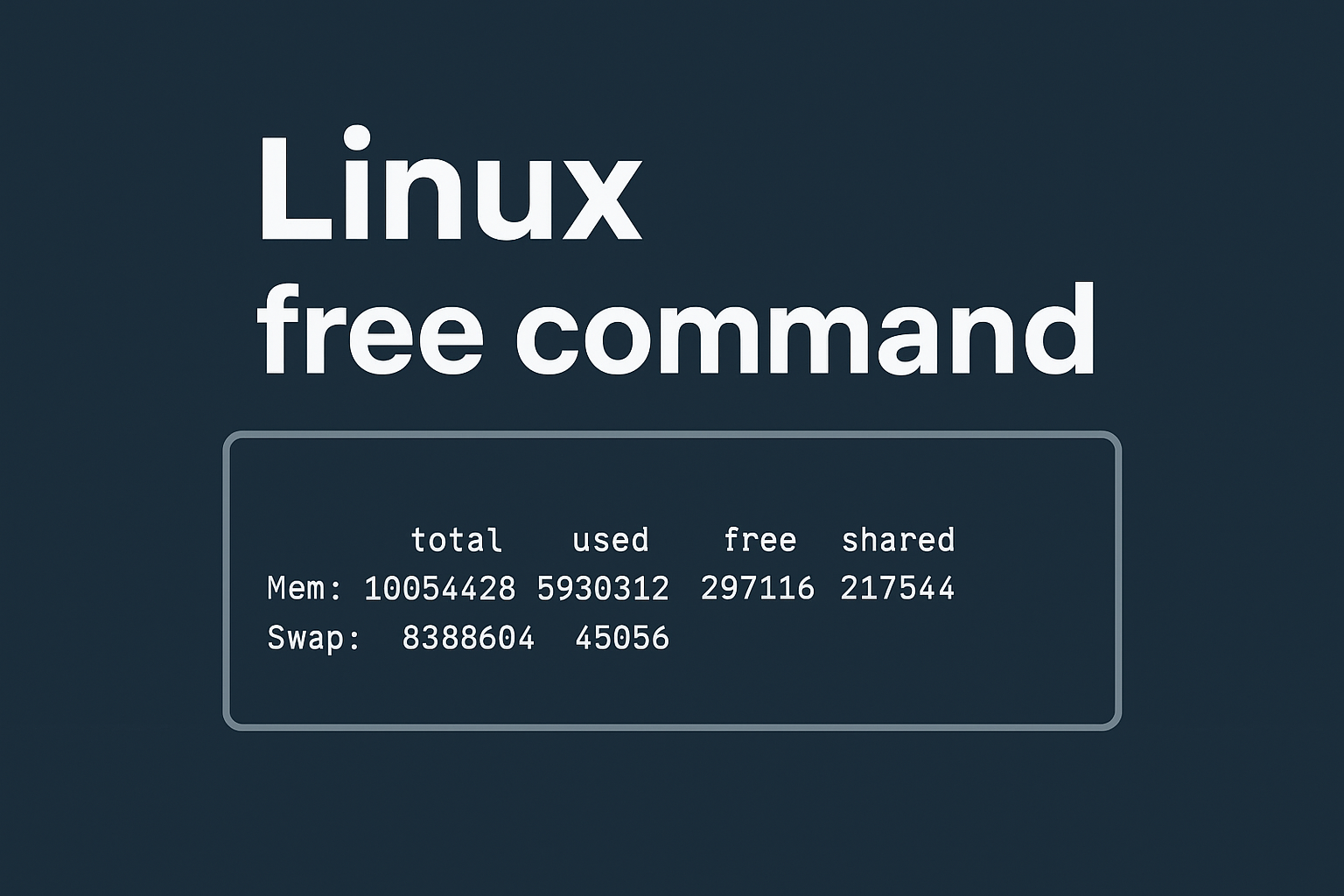Introduction
Linux is one of the most versatile and widely-used operating systems in the world. With its open-source nature, numerous distributions (or “flavors”) have emerged, each catering to different users and use cases. Whether you’re a beginner exploring Linux for the first time or an advanced user managing enterprise systems, there is a Linux flavor suited to your needs. In this guide, we’ll dive into the most popular Linux distributions, highlighting their unique features and ideal use cases.
What is a Linux Distribution?
A Linux distribution (or distro) is a complete operating system built around the Linux kernel. Each distribution includes:
- Linux Kernel: The core of the operating system managing hardware and processes.
- System Tools: Utilities and software for managing the system.
- Package Manager: Tools for installing and updating software.
- User Interface: Either a command-line interface (CLI) or graphical user interface (GUI).
1. Ubuntu
Best for Beginners and General Use
Ubuntu is the most popular Linux distribution for both beginners and experienced users. Developed by Canonical, Ubuntu focuses on user-friendliness and ease of use.
Key Features:
- User-friendly interface (GNOME desktop environment).
- Long-Term Support (LTS) versions for stability.
- Extensive community support and official documentation.
- Pre-installed with essential software like LibreOffice and Firefox.
Ideal For:
- Beginners exploring Linux.
- Desktop and laptop users.
- Developers and general-purpose computing.
Iso Download link: https://ubuntu.com/download/desktop
2. Debian
Best for Stability and Reliability
Debian is a rock-solid and community-driven Linux distribution known for its stability. It is the foundation for many other popular distributions, including Ubuntu.
Key Features:
- Highly stable and secure.
- Extensive package repository.
- Supports multiple hardware architectures.
- Customizable installation process.
Ideal For:
- Servers and critical infrastructure.
- Advanced users who want full control.
- Users prioritizing stability over cutting-edge features.
Iso Download link: http://debian.org/distrib
3. Fedora
Best for Cutting-Edge Technology
Fedora is a leading-edge Linux distribution sponsored by Red Hat. It is known for integrating the latest technologies and innovations.
Key Features:
- Fast adoption of new software.
- GNOME desktop by default.
- Strong focus on open-source principles.
- Robust developer and community support.
Ideal For:
- Developers who want access to the latest tools.
- Users who enjoy trying new technologies.
- Workstation environments.
Iso Download link: https://fedoraproject.org/workstation/download/2
4. CentOS Stream
Best for Enterprise and Server Environments
CentOS Stream is a rolling-release distribution that serves as a preview for Red Hat Enterprise Linux (RHEL). It is widely used in enterprise environments due to its reliability and support.
Key Features:
- Binary-compatible with RHEL.
- Long lifecycle and stable releases.
- Ideal for testing before RHEL deployment.
- Strong enterprise and community support.
Ideal For:
- Enterprise servers and data centers.
- Developers working on RHEL-based systems.
- Hosting and virtualization environments.
Redhat Iso Download link: https://access.redhat.com/downloads
Centos Iso Download link: https://www.centos.org/stream9
5. Arch Linux
Best for Power Users and Customization
Arch Linux is a minimalist, lightweight distribution designed for advanced users who want complete control over their system.
Key Features:
- Rolling release model for up-to-date software.
- Customizable installation process.
- Pacman package manager for efficient package management.
- Detailed documentation (Arch Wiki).
Ideal For:
- Experienced users who want a custom system.
- Enthusiasts seeking bleeding-edge software.
- Minimalists who prefer a lightweight OS.
Iso Download link: https://archlinux.org/download/
6. Linux Mint
Best for Windows Users Switching to Linux
Linux Mint is a beginner-friendly distribution based on Ubuntu. It offers a familiar interface for users transitioning from Windows.
Key Features:
- Cinnamon desktop environment for a Windows-like experience.
- Multimedia support out of the box.
- Simple and intuitive user interface.
- Active and welcoming community.
Ideal For:
- Windows users transitioning to Linux.
- Home and office use.
- Users seeking a stable and user-friendly experience.
Iso Download link: https://www.linuxmint.com/download.php
7. openSUSE
Best for System Administrators and Developers
openSUSE is a powerful and flexible Linux distribution with two main versions: Leap (stable) and Tumbleweed (rolling release).
Key Features:
- YaST (Yet another Setup Tool) for easy system administration.
- Strong support for virtualization and containers.
- Choice between Leap (stable) and Tumbleweed (cutting-edge).
- Highly configurable and reliable.
Ideal For:
- System administrators.
- Developers working with advanced tools.
- Users needing flexibility between stability and new features.
Iso Download link: https://get.opensuse.org/leap/15.6/
8. Kali Linux
Best for Penetration Testing and Cybersecurity
Kali Linux is a specialized distribution designed for ethical hacking, penetration testing, and security research.
Key Features:
- Pre-installed with security tools for penetration testing.
- Regular updates and tool enhancements.
- Customizable for advanced cybersecurity tasks.
- Wide hardware compatibility.
Ideal For:
- Cybersecurity professionals and ethical hackers.
- Security testing and forensics.
- Users specializing in information security.
Iso Download link: https://www.kali.org/get-kali/#kali-platforms
9. Pop!_OS
Best for Developers and Gamers
Pop!_OS is an Ubuntu-based distribution created by System76. It is tailored for developers, creative professionals, and gamers.
Key Features:
- Optimized for gaming and high-performance tasks.
- Built-in support for NVIDIA and AMD graphics.
- Clean and intuitive GNOME-based interface.
- Auto-tiling window management.
Ideal For:
- Developers and content creators.
- Gamers needing optimized graphics support.
- Users seeking a polished and responsive Linux experience.
Iso Download link: https://system76.com/pop/
10. Zorin OS
Best for Ease of Use and Accessibility
Zorin OS is a user-friendly Linux distribution designed to offer a smooth transition from other operating systems.
Key Features:
- Windows-like interface options.
- Lightweight and fast performance.
- Built-in compatibility with Windows applications.
- Accessibility features for users with special needs.
Ideal For:
- Beginners moving from Windows or macOS.
- Older hardware needing a lightweight OS.
- Users seeking a simple, polished Linux experience.
Iso Download link: https://zorin.com/os/download/
Conclusion
Linux offers a wide array of distributions tailored to various needs, from user-friendly environments like Ubuntu and Linux Mint to power-user systems like Arch Linux. Whether you’re managing servers, developing software, or simply exploring a new OS, there is a Linux distribution to suit your goals.
Explore these popular Linux flavors, experiment with their unique features, and find the one that fits your workflow best. With Linux, the possibilities are endless, and there’s always something new to discover.



